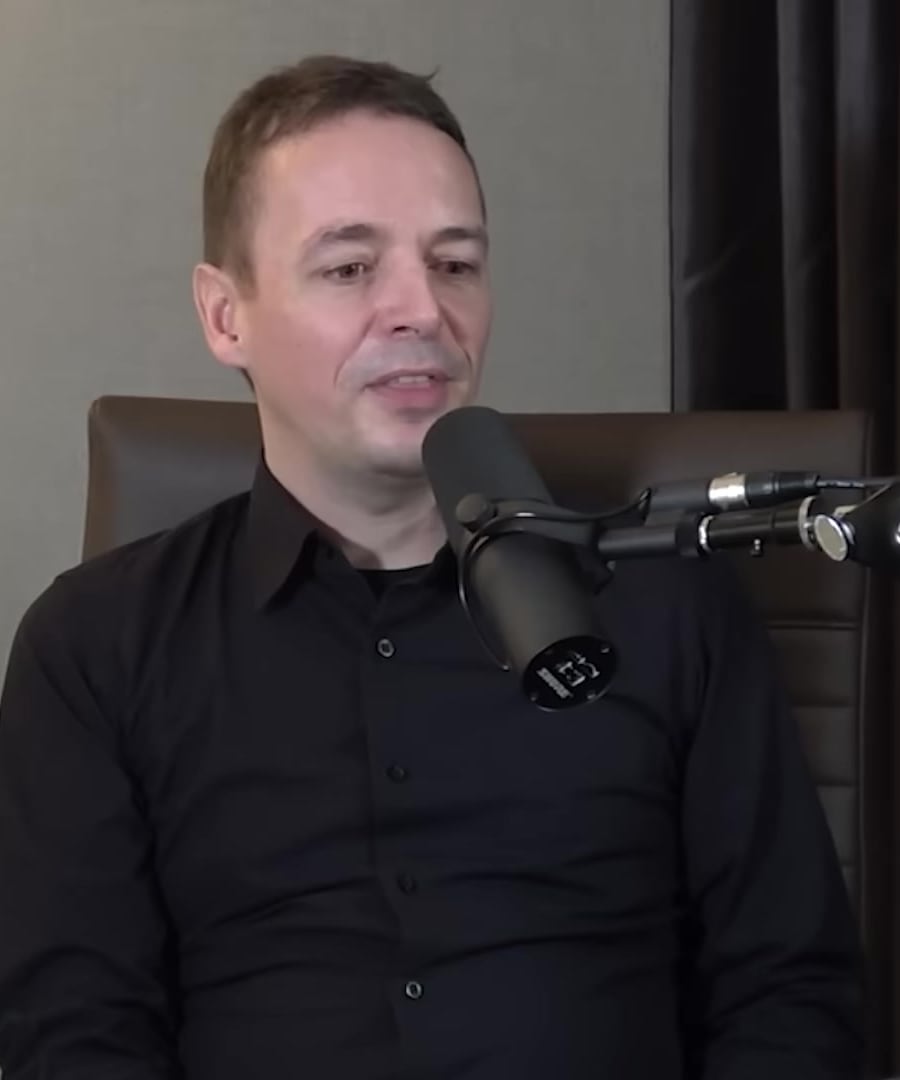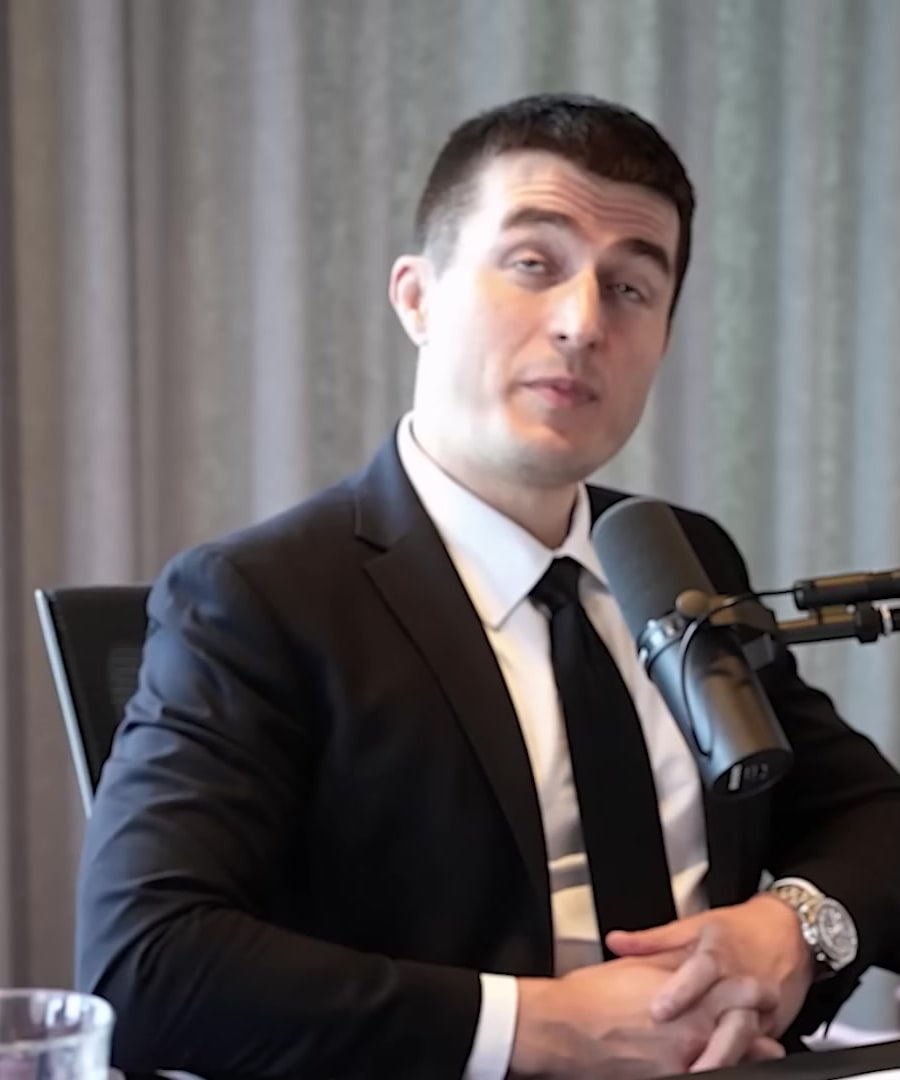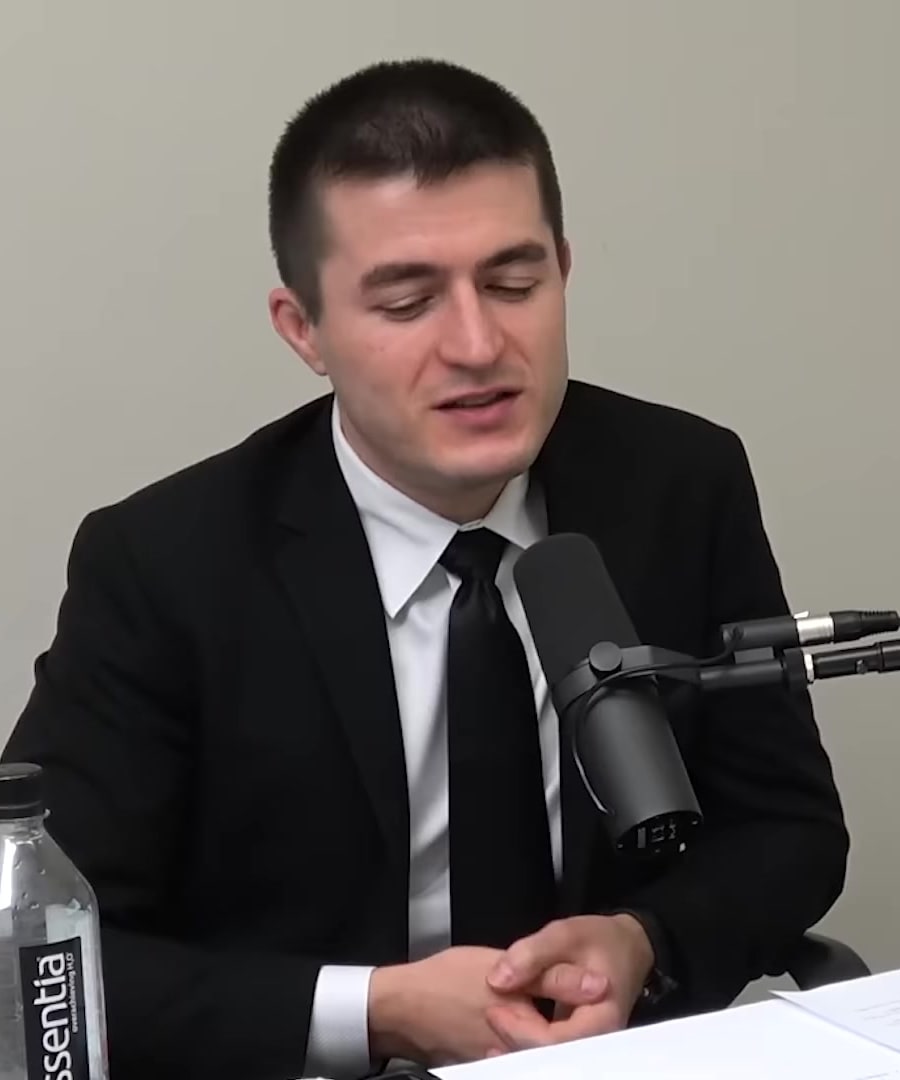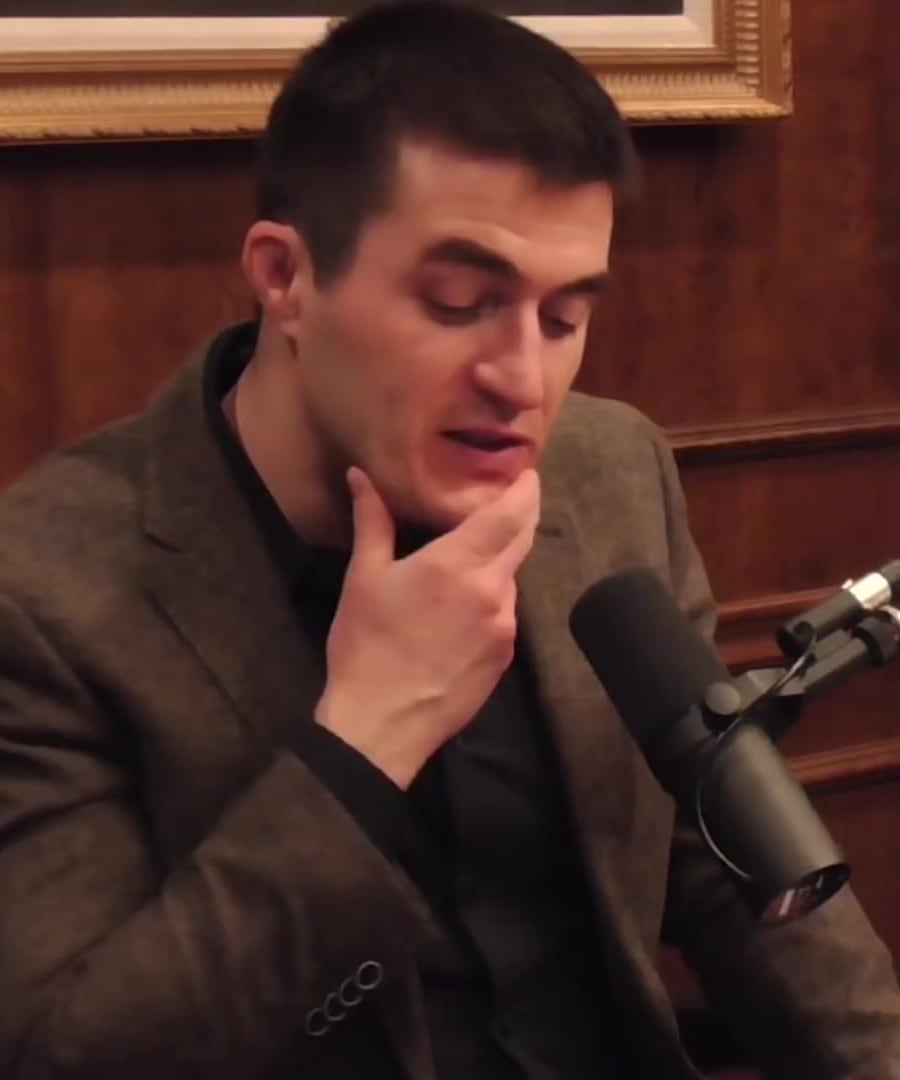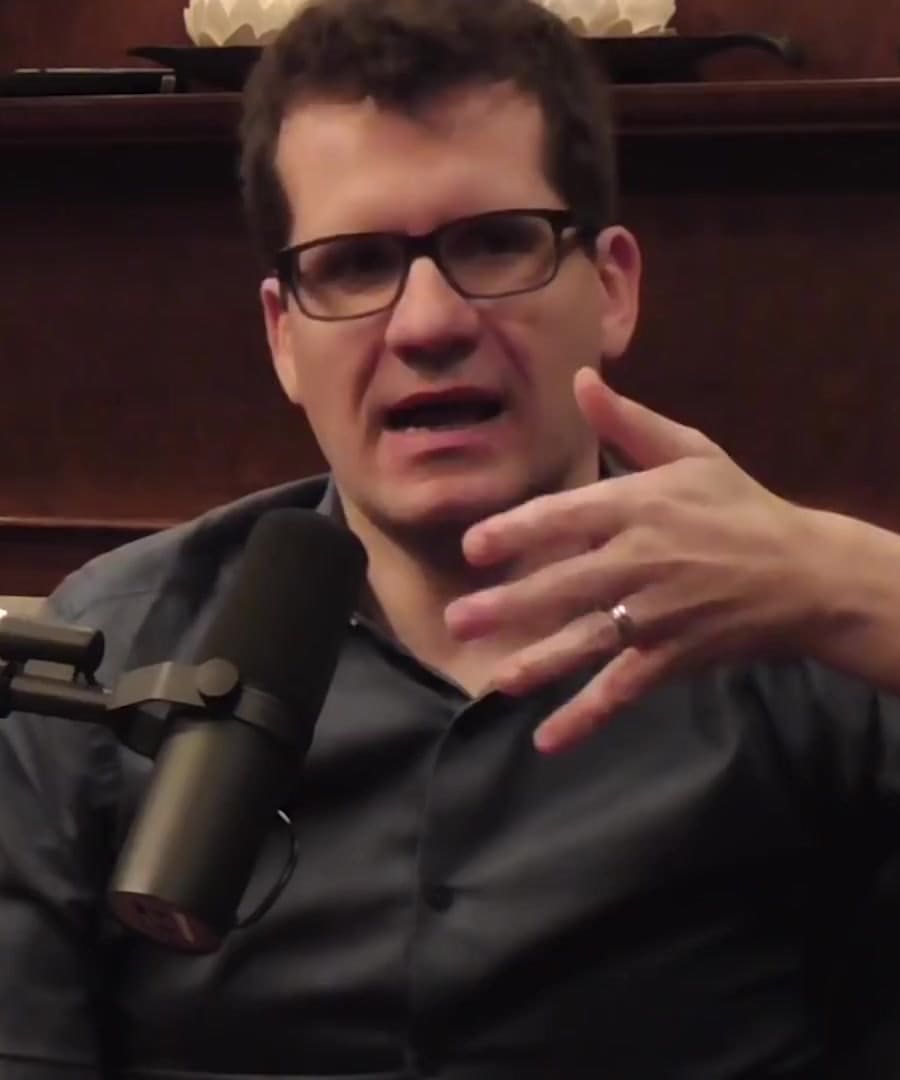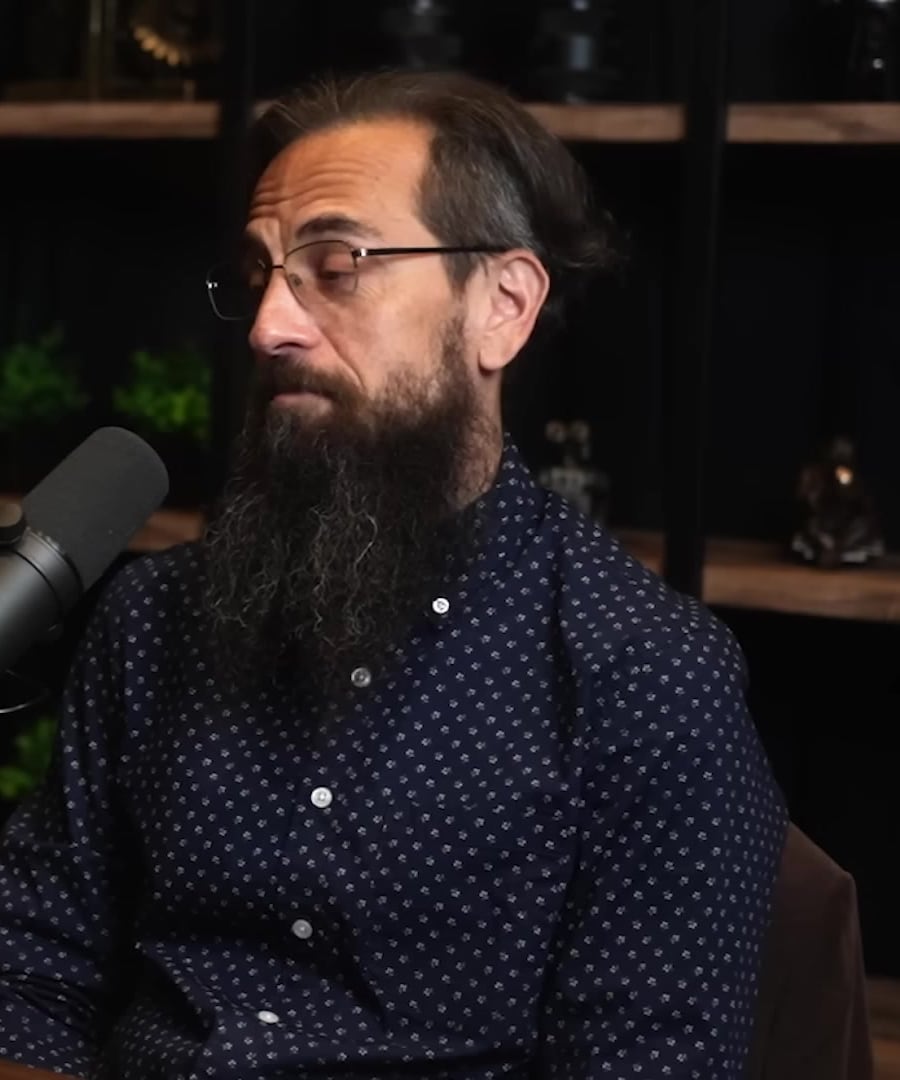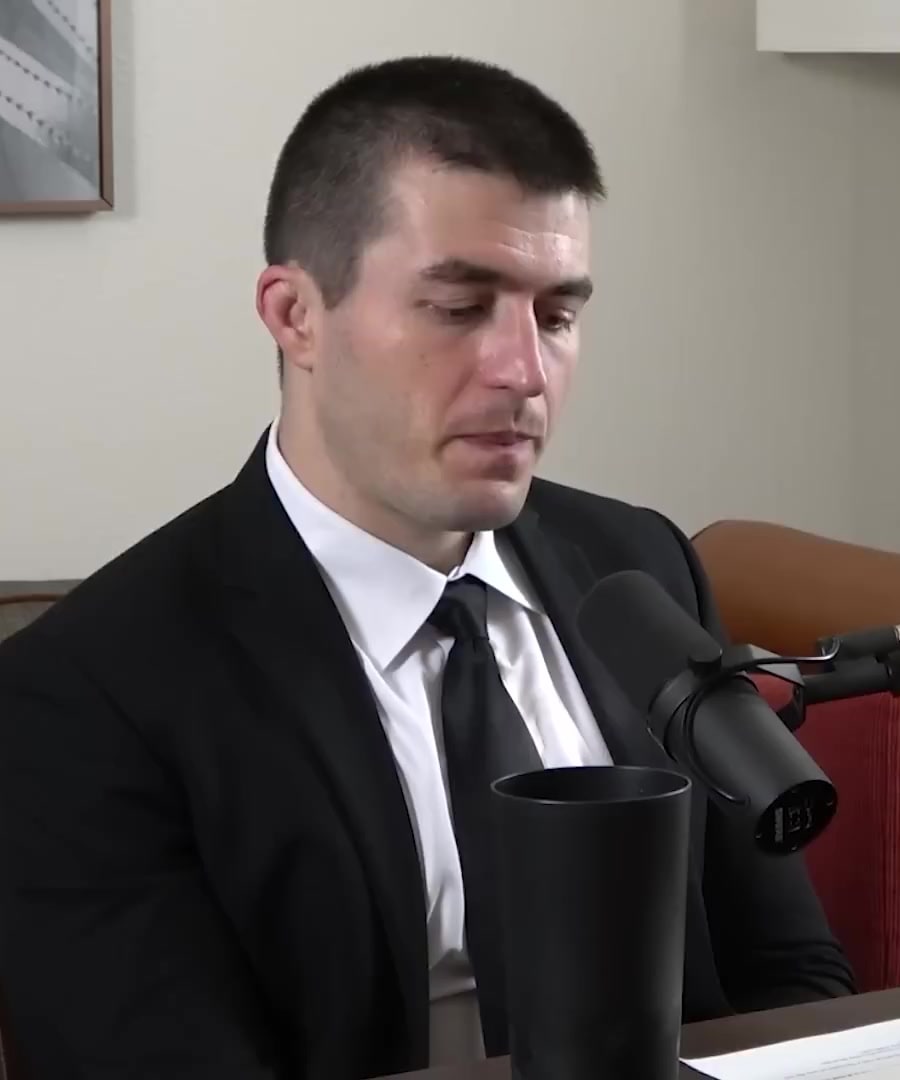Touring Test
Sources:
Lex Fridman has had in-depth discussions on the Turing Test with various experts, exploring its significance and feasibility in assessing artificial intelligence:
-
Joscha Bach: Bach explains that the Turing Test is essentially a test of whether humans can recognize intelligence in themselves. It revolves around reverse engineering one's relationship with reality and the nature of the universe. He distinguishes between sentience and intelligence, noting that while sentience involves making sense of the world, intelligence is about acquiring this understanding 1.
-
Demis Hassabis: Hassabis and Lex discuss how the Turing Test remains a compelling benchmark for evaluating AI. Hassabis acknowledges its philosophical roots but points out its lack of rigor in defining evaluator knowledge and time. He believes achieving human-like interaction in language and behavior is crucial for true AGI, and humor may play a significant role in AI's future capabilities 2 3.
-
Stephen Wolfram: Wolfram critiques the Turing Test's limitations in measuring intelligence, noting that systems like Wolfram Alpha can quickly reveal their non-human nature when queried about obscure facts. He mentions that Alan Turing originally saw converting the Encyclopaedia Britannica into a computational form as a daunting task, which modern technologies have managed more efficiently 4.
-
Oriol Vinyals: Vinyals values the Turing Test for its focus on language and interaction but acknowledges the test's limitations in promoting truly engaging conversations. He believes current approaches might be premature and suggests focusing on related challenges, like enhancing virtual assistants, as more feasible intermediate goals 5 6.
-
Roman Yampolskiy: Yampolskiy and Lex explore the idea of AI recognizing and escaping simulations as a test of intelligence. This concept illustrates the potential of AI systems to detect and react to their environments, highlighting the complexities of ensuring AI safety and containment in controlled test scenarios 7.
-
François Chollet: Chollet criticizes the Turing Test for relying on human judges, which introduces biases and lacks standardization. He argues it was initially a philosophical exercise, not intended as a definitive measure of AI, and emphasizes that focusing on tricking judges can detract from genuine scientific progress 8.
These discussions reflect the broad spectrum of opinions and considerations surrounding the Turing Test, its applications, and its practical limitations in current AI research.
RELATED QUESTIONS-
